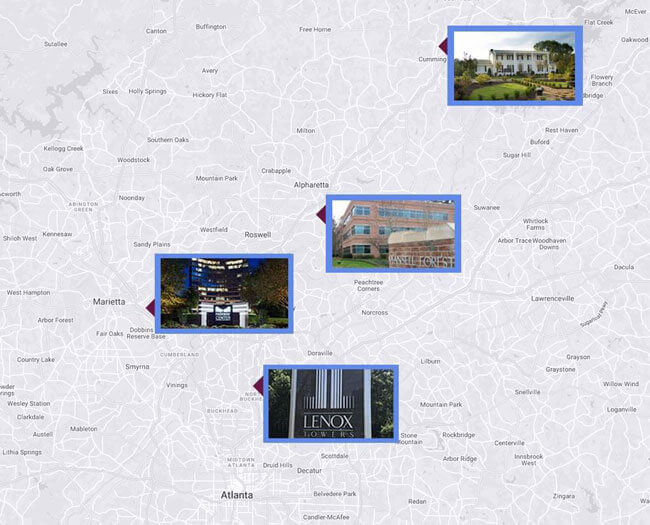The American Psychiatric Association is in the process of a major revision of its diagnostic manual, the Diagnostic and Statistical Manual of Mental Disorders (DSM). Work groups across the fields of psychology and psychiatry are reviewing the manual’s current list of 283 officially recognized mental health disorders to ensure they are based on the best possible science.
As a part of that process, the association is debating whether to include “parental alienation syndrome” (PAS) as an officially recognized diagnosis. This is a hot-button issue with a number of interest groups aligned on either side of the debate.
PAS — one parent’s poisoning of a child’s relationship with the other — is not currently recognized by the APA as a diagnosable illness. Proposals to include it in the DSM go back as far as the 1980s, with some therapists, family law attorneys and fathers’ rights groups supporting its inclusion, while other therapists, feminists and advocates for battered women oppose it.
Sadly, there is broad agreement that some parents do actively work to destroy their children’s trust and affection for the other parent. The main question is whether diagnosing a child with PAS would help resolve the child’s unhappiness, or if it would really be intended to help the estranged parent.
Largest-Ever Parental Alienation Conference Held Oct. 2-3 in New York
The chances that PAS will be recognized as an official diagnosis in the DSM appear slim. The APA’s work group in charge of reviewing the science has already voted for it not to be included.
“There is not sufficient scientific evidence to warrant its inclusion in the DSM,” said Darrel Regier, the APA’s research director and vice chair of the task force drafting the manual. The proposal will not officially be denied, however, until final work group presentations are made at the end of 2011.
“We’re gotten an enormous amount of mail — more than any other issue,” says Regier. “The passions on both sides of this are exceptional.”
Those passions were evident over the weekend at the largest-ever professional conference on parental alienation syndrome, which was held at the Mount Sinai School of Medicine. It was hosted by Joseph Goldberg, who runs a legal consulting service for the lawyers of parents affected by PAS. He also founded an organization called the Canadian Symposium for Parental Alienation Syndrome.
“This is a problem that causes horrible outcomes for children. … All the arguments I’ve heard against it are trivial,” says Vanderbilt University School of Medicine psychiatry professor William Bernet, one of the speakers at the conference.
Many Psychologists and Legal Scholars Still Skeptical
After watching claims of parental alienation syndrome play out in child custody disputes, however Florida lawyer Elizabeth Kates is doubtful about how helpful it will be to officially recognize PAS as a mental disorder.
“[T]he problem arises when it’s used in court to obscure the investigation of whether there’s been abuse.”
She fears the real motivation is financial. The original impetus for recognition of PAS came from the fathers’ rights movement — and fathers desperately trying to save their relationships with their kids after being unfairly denied visitation. The major momentum now seems to be from therapists and legal consultants like Goldberg.
The final, revised version of the Diagnostic and Statistical Manual of Mental Disorders is scheduled for release in May 2013.
Source:
“Psychiatric experts assess parental alienation” (Associated Press, October 2, 2010)

